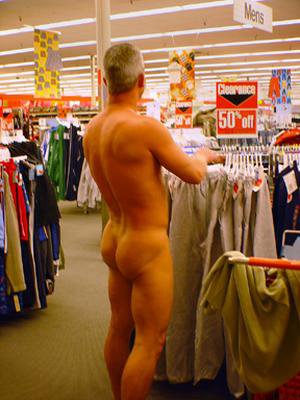 ROCHESTER, NEW YORK - According to a recent nationwide online survey, gay and lesbian consumers and heterosexuals may agree on many things related to advertising across three media: television, print and the
ROCHESTER, NEW YORK - According to a recent nationwide online survey, gay and lesbian consumers and heterosexuals may agree on many things related to advertising across three media: television, print and theWeb. However, recent survey results show that there are some differences in how they feel about advertising, and in how advertisements may affect their buying considerations.
Although higher percentages of gay men and lesbians report that advertising "rarely" shows people like themselves, they also have a higher propensity than non-gays to report that advertisements, particularly TV and magazine advertisements, can motivate them to consider buying an advertised product.
Whether commercial advertising is presented in a magazine ad or atelevision commercial, greater proportions of gays and lesbians report they may be motivated to consider buying products shown in these ads. In magazines, one-fifth (21%) of gays and lesbians say this, compared with 16 percent of heterosexuals. With television spots, 12 percent of gays and lesbians versus eight percent of heterosexuals say this.
"Last year with more than 800 brands advertised to the gay market, as well as a quarter billion ad dollars invested in reaching same-sex households, it is critical to measure the impact of these investments," said Bob Witeck, CEO of Witeck-Combs Communications, Inc. "According to the Commercial Closet Association, more than a third of Fortune 100 companies have developed advertising and marketing campaigns that speak to or include gays and lesbians, and more do so each year. As this study confirms, gay men and lesbians may be more motivated to respond to advertising messages, especially offers that are sensitive and respectful of their needs and identities."
These are a few highlights of a nationwide online survey of 2,121 adults aged 18 or over of whom 1,715 are non-gay/lesbian adults and 351 are gay/lesbian adults. The survey was conducted online between October 7 and 11, 2005, by Harris Interactive(R), a worldwide market research and consulting firm, in conjunction with Witeck-Combs Communications, Inc., a strategic public relations and marketing communications firm with special expertise in the gay, lesbian, bisexual and transgender (GLBT) market.
These results show some of the attitudes and responses to commercial advertising -- whether online, television and print -- by all consumers, and measures differences, if any, between gay and non-gay consumers. The results reveal that gays and lesbians are less likely to find that print ads "clutter magazines" (46% compared to 55% of heterosexual consumers), and a smaller proportion of gays and lesbians say that television commercials "interrupt programs" (57% compared to 62% of heterosexual respondents.) Both groups --gay/lesbian and non-gay -- express annoyance with online ads that pop up, waste space or block content (88% of gay/lesbian respondents and 86% of non-gay respondents).
More significantly, gays and lesbians are more likely than their non-gay counterparts to report that print and television advertising ads give them "information they can use" (20% of gays and lesbians, 15% of heterosexuals). Nearly a third (32%) of gays and lesbians feel that magazine ads are informative compared with 28 percent of heterosexuals. Gay/lesbian and non-gay respondents appear to have similar responses to the usefulness of information found in online advertising (4% of each group says it is "valuable" and 6% of gays/lesbians and 9% of heterosexuals say they "give them information they can use").
Gays and lesbians are less likely than heterosexual consumers to declare advertising "boring", and gay and lesbian consumers tend to find advertising equally or more "entertaining" than non-gay respondents. Not surprisingly, half (49%) of the gays and lesbians agree that they prefer everyday brands that target gay consumers over competing brands that do not. Only one in five gay and lesbian respondents (20%) disagrees that they prefer these brands and 30 percent neither agree nor disagree. Nearly half (47%) of the gays and lesbians also agree that they trust brands more if they have seen them advertised in gay media such as local gay newspapers or magazines; while 23 percent of gays and lesbians disagree with this statement.
from PR Newswire
No comments:
Post a Comment